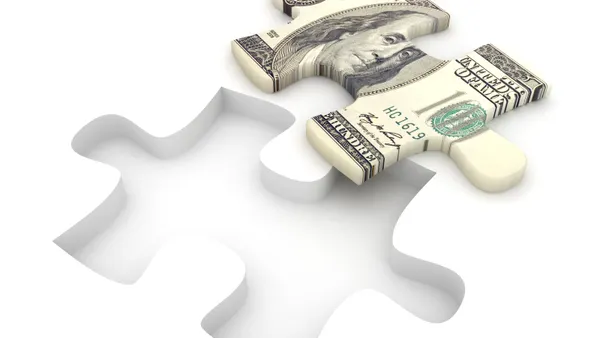Many analysts are scratching their heads as to why DoorDash and Airbnb exploded in value on their first days of trading, leaving billions of dollars on the table. Yet, there is really a simple explanation. They forgot about the little guy when they priced their initial public offerings.
Professional fund managers calculated the initial per-share valuations ($102 for DoorDash and $68 for Airbnb) based on what institutional (read: professional) traders were willing to pay. Yet much of the volume on the first day of trading came from retail brokers like Robinhood, driven by individual investors’ enthusiasm — some purchasing fractions of shares — who participate in the companies on a personal level.
DoorDash works with more than 300,000 restaurants, has more than 200,000 “dashers” (delivery persons), and claims millions of steady customers. Airbnb has 4 million hosts and hundreds of millions of users. What did they all think of the IPOs? They are called brand “evangelists,” and they wanted in on the action.
This interest, apparently invisible to the Wall Street analysts, was not only available to them (and to management), but it was also measurable. Modern consumer datasets can ascertain where a person might shop or what they might be willing to spend on everything from a dress to a car and what they would pay for a stock.
Aware of the notion that there is a strong personal appeal of “owning” the company you work for, the big banks that price-tagged the Airbnb and DoorDash IPOs needed only to have dug a little deeper. They would have discovered that millions of micro-investors could have played a huge role in these public offerings.
Modern consumer datasets are able to ascertain not only where a person might shop or what they might be willing to spend on everything from a dress to a car, but also what they would pay for a stock.
In the planning stages of these listings, I’m sure management and the bankers asked all the right questions: What is the company “truly” worth? How much is too much that will put the price out of range? But they were asking the wrong people. Additionally, they were asking the wrong number of people.
A few dozen extremely knowledgeable bankers with Ivy league degrees know a heck of a lot about how to value a company. And you know what, they were probably technically correct in the price they came up with. However, if they’d asked “Dana the Dasher” or “Harry the Host” how much they would pay for the stock (or a fraction of it), and they asked a few hundred thousand of their counterparts, they would have found the initial price could have been way higher. Thus, the issuers would have raised a lot more capital.
This granular and vast information is available in consumer datasets that I’m sure both DoorDash and Airbnb are currently using for consumer branding and advertising programs. To get the best valuation, they just needed to ask that same dataset the right questions.
At this point, DoorDash and Airbnb need to live up to the hype and keep (or start) making some real money. But for other companies on the IPO watchlist, they should take these transactions as examples of what not to do.
Does your brand have a strong consumer brand that your employees and customers truly believe in? If so, take stock (pun intended) of your data and get the best value for your offering! Roblox, set to go public in 2020, decided to delay its IPO until 2021 — to test the market in light of these examples.
Yes. Test the market. Good idea. And do a deep dive into your datasets. Ask the right people the right questions, and know what your true value is to the ones who matter just as much as the pros — your brand evangelists.
Adam Mittelberg is president and chief marketing officer of Datasys, a full-service data, analytics, and digital media solutions provider.












